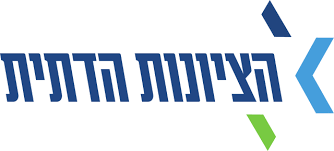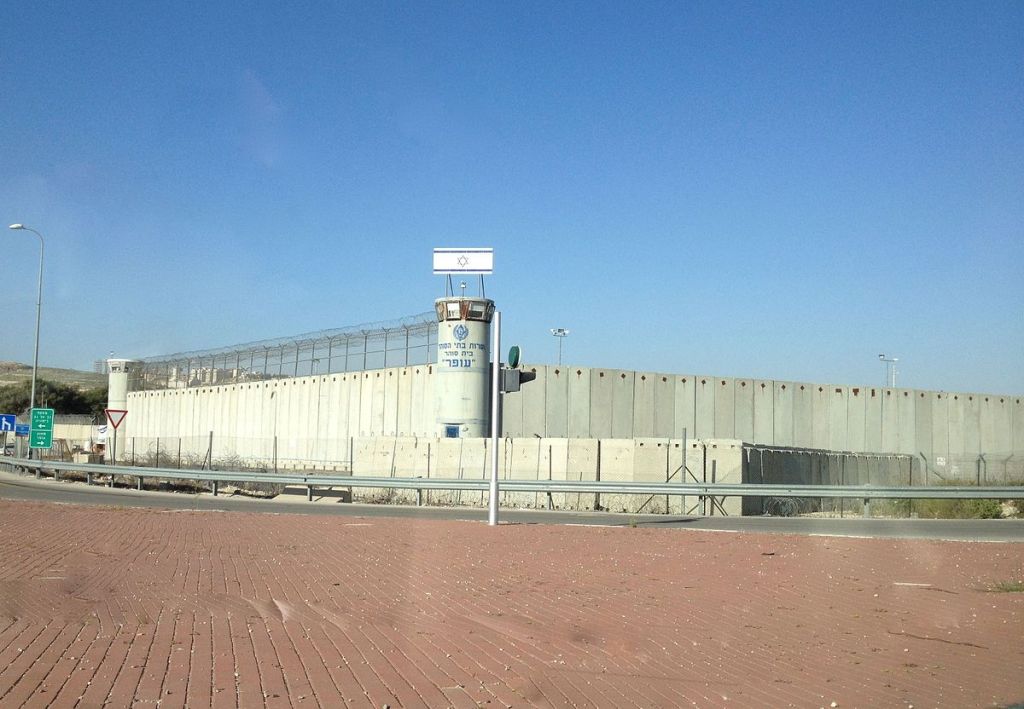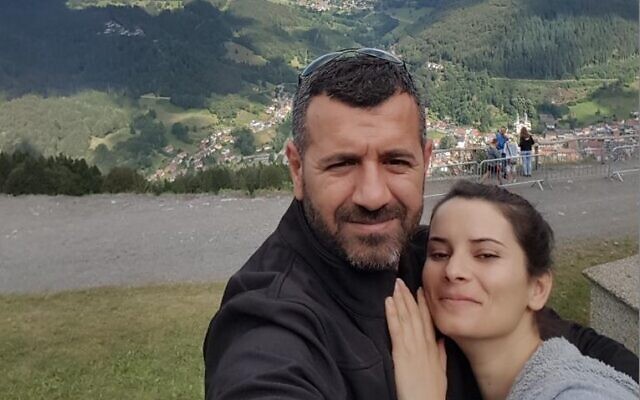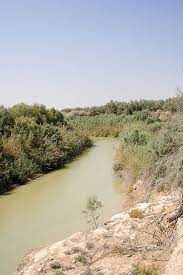
by Ilan Bloch
Enough of the meaningless slogans and platitudes. I don’t want to hear calls for Jewish unity or for ahavat Yisrael. I don’t need to love my fellow Jew just because she is a Jew.
I don’t want to unify with people who support so-called price tag actions – terror attacks against the fields, cars and homes of innocent Palestinian people, just because they happen to belong to the “wrong” nation.
I don’t want to unify with people who support Jewish supremacy – would you want unity with a white supremacist, just because he was also Christian? Or American? Or white?
I don’t want to unify with people who think that Meir Kahane was a good man, had good ideas, or that at the very least we can learn some Torah from him.
I don’t want to unify with people who want to damage the rights of the LGBTQ community, African asylum-seekers, non-Orthodox Judaism and women as a whole.
I don’t want to unify with a man who has held this country hostage for years, only in order to escape responsibility for his (alleged) criminal actions.
The Temple wasn’t destroyed because of sinat chinam; it was destroyed because of zealotry. Two millennia ago there were extremists who lacked an understanding of the limits of power, misread international geopolitics, and held twisted, distorted ideas of how best to serve God — just like the extremists in today’s government.
What I do want is leaders who will call a spade a spade, who will courageously call out immoral acts of other Jews, condemn them, and attempt to root out the evil from our midst. Like Bella Freund who protected a neutralized Palestinian terrorist from being lynched by an angry mob in Jerusalem in 1992, Mickey Eitan, a former Likud MK, who likened Kahane’s legislature endeavors to the Nuremberg Laws, and like Rabin z”l, who condemned Baruch Goldstein’s massacre of innocents in Mearat Ha’Machpela, without stammering.
During the time Kahane was an MK, every other member boycotted his speeches, including those who were “fully right” — were Geulah Cohen and Yitzhak Shamir anything else but fully right?! Of course not; they just had a moral compass, which is more than can be said of the criminal defendant, who midwifed the deal which brought Otzma Yehudit, HaTzionut HaDatit and Noam into the government.
I’m done with leaders who are so scared of alienating their base, their students and congregants or the general masses that they contextualize, excuse and even understand that the enormous pain that “our perpetrator-brothers” feel must cause them to act in ways which aren’t entirely appropriate.
I had a nice chat with some supporters of the judicial coup on the train to Jerusalem yesterday; we parted ways at Navon Station with a handshake. This is not something exceptional. But it doesn’t in any way demonstrate that we’re a united people. And it doesn’t disprove the gravity of the situation in which we find ourselves. It’s not just our leaders who can’t live together – it’s our people too.
But still, I don’t need Jewish unity. I need Jewish leadership. I need a Jewish state which will foster a society which is truly a moral exemplar. I need Israel to live up to its potential.
I wish those who are fasting tomorrow a tzom kal.
Ilan Bloch is a licensed Israel tour guide.









